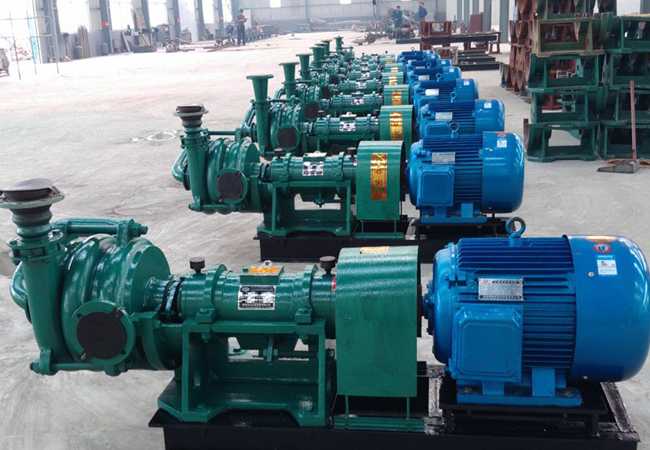English
- Afrikaans
- Albanian
- Amharic
- Arabic
- Armenian
- Azerbaijani
- Basque
- Belarusian
- Bengali
- Bosnian
- Bulgarian
- Catalan
- Cebuano
- Corsican
- Croatian
- Czech
- Danish
- Dutch
- English
- Esperanto
- Estonian
- Finnish
- French
- Frisian
- Galician
- Georgian
- German
- Greek
- Gujarati
- Haitian Creole
- hausa
- hawaiian
- Hebrew
- Hindi
- Miao
- Hungarian
- Icelandic
- igbo
- Indonesian
- irish
- Italian
- Japanese
- Javanese
- Kannada
- kazakh
- Khmer
- Rwandese
- Korean
- Kurdish
- Kyrgyz
- Lao
- Latin
- Latvian
- Lithuanian
- Luxembourgish
- Macedonian
- Malgashi
- Malay
- Malayalam
- Maltese
- Maori
- Marathi
- Mongolian
- Myanmar
- Nepali
- Norwegian
- Norwegian
- Occitan
- Pashto
- Persian
- Polish
- Portuguese
- Punjabi
- Romanian
- Russian
- Samoan
- Scottish Gaelic
- Serbian
- Sesotho
- Shona
- Sindhi
- Sinhala
- Slovak
- Slovenian
- Somali
- Spanish
- Sundanese
- Swahili
- Swedish
- Tagalog
- Tajik
- Tamil
- Tatar
- Telugu
- Thai
- Turkish
- Turkmen
- Ukrainian
- Urdu
- Uighur
- Uzbek
- Vietnamese
- Welsh
- Bantu
- Yiddish
- Yoruba
- Zulu
Telephone: +86 13120555503
Email: frank@cypump.com
Jul . 24, 2024 02:21 Back to list
Selecting the Right Pressure Pump for Optimal Pipeline Performance and Efficiency
Pressure Pumps for Pipeline Applications
In the vast world of fluid transportation, pressure pumps are essential components that ensure the efficient movement of liquids through pipelines. These pumps are particularly crucial in various applications including oil and gas, water supply systems, and chemical processing. With the growing demand for efficient and reliable fluid transport, understanding the role and importance of pressure pumps in pipeline systems becomes imperative.
What is a Pressure Pump?
A pressure pump is a type of pump designed to move fluids at high pressures. These pumps are specifically engineered to handle the resistance created by long distances, bends, and elevation changes commonly found in pipeline systems. By increasing the fluid's pressure, they help overcome these challenges and ensure that fluids reach their destination effectively and efficiently.
Types of Pressure Pumps
There are several types of pressure pumps used in pipeline applications, each suited to specific needs
1. Centrifugal Pumps Often used for water and low-viscosity liquids, centrifugal pumps use rotational energy generated by a rotating impeller to increase the pressure of the fluid. They are known for their simple design, high efficiency, and ability to handle large volumes of fluid.
2. Positive Displacement Pumps These pumps move fluid by trapping a fixed amount and forcing (displacing) it into the discharge pipe. Commonly used for viscous fluids or where precise dosing is needed, they include gear pumps, diaphragm pumps, and piston pumps.
3. Submersible Pumps Designed to be submerged in the fluid they are pumping, submersible pumps are effective for deep groundwater applications or wastewater management. They are especially useful in pipelines that experience varying fluid levels.
pressure pump for pipeline

4. Multistage Pumps These pumps have multiple impellers stacked together, allowing them to achieve very high pressures. They are typically used in applications requiring extremely high pressure, such as in oil and gas pipelines.
Applications in the Pipeline Industry
Pressure pumps are integral to numerous industries. In oil and gas, they are used to transport crude oil and natural gas from extraction sites to refineries. The high-pressure requirements of these applications necessitate reliable pumps capable of withstanding harsh conditions.
In water supply systems, pressure pumps maintain the necessary pressure in municipal water supply lines, ensuring that clean water reaches homes and businesses. Additionally, they play critical roles in irrigation systems, wastewater treatment, and industrial processes.
Advantages of Using Pressure Pumps
The incorporation of pressure pumps in pipeline systems offers multiple advantages
- Efficiency Pressure pumps optimize the flow rate and reduce energy consumption, leading to cost savings in operational expenses. - Reliability With modern designs and technologies, pressure pumps provide consistent performance over time, minimizing downtime and maintenance needs. - Scalability These pumps can be easily adjusted or scaled to accommodate varying flow requirements, making them suitable for a wide range of applications.
Conclusion
In conclusion, pressure pumps are vital for the effective transport of fluids in pipeline systems across various industries. Their ability to maintain high-pressure levels enables the efficient movement of liquids, overcoming resistance from distance and elevation changes. As industries continue to evolve and expand, the importance of pressure pumps will only grow, highlighting the need for ongoing innovation and development in pump technology. Understanding their operation and applications not only enhances pipeline efficiency but also contributes to the sustainability and reliability of fluid transport systems.
-
Horizontal Split Case Pump with GPT-4 Turbo | High Efficiency
NewsAug.01,2025
-
ISG Series Pipeline Pump - Chi Yuan Pumps | High Efficiency, Durable Design
NewsAug.01,2025
-
Advanced Flue Gas Desulfurization Pump with GPT-4 Turbo | Durable & Efficient
NewsJul.31,2025
-
ISG Series Vertical Pipeline Pump - Chi Yuan Pumps | Advanced Hydraulic Design&Durable Construction
NewsJul.31,2025
-
ISG Series Vertical Pipeline Pump - Chi Yuan Pumps | Energy Efficient & Low Noise
NewsJul.31,2025
-
pipeline pump - Chi Yuan Pumps Co., LTD.|High Efficiency&Low Noise
NewsJul.31,2025










